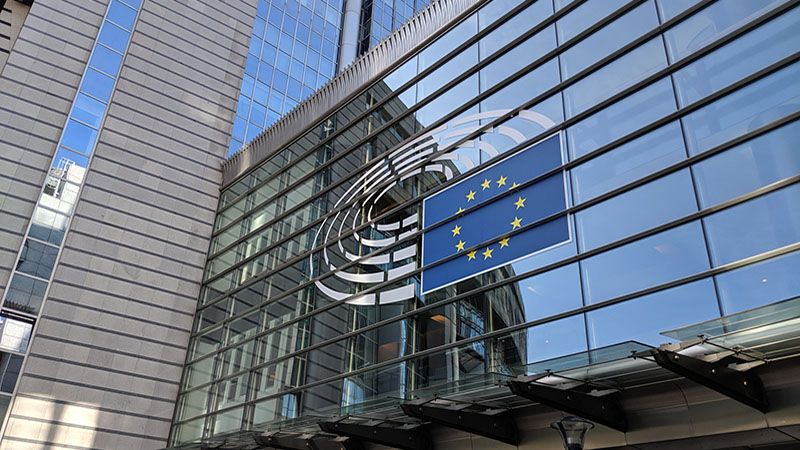Members of the European Parliament have come to support the report put forward by Mario Draghi last week about how Europe can maintain competitive in the global economy.
In a debate following an address to the European Parliament by Draghi on Tuesday, many MEPs agreed with his analysis that the EU economy must urgently change course. The EU should focus, they argued, on competition and innovation in key industries, along with more public and private investments in social, green, and digital transformations.
However, some MEPs called for greater sovereignty and freer markets and stressed that fighting climate change sabotages the EU economy. Others observed that growth is compatible with clean innovative technologies and social investment, to help citizens to adjust their skills.
The news comes a week after Draghi unveiled his report, which called for closer ties within the bloc in order to tackle an ‘existential challenge’ to the continent’s current form.
The report, titled The Future of European Competitiveness and available in two parts (Part A and Part B), states that the foundations on which European prosperity have been built are ‘now being shaken’. This, wrote Draghi, is illustrated by the wide gap in GDP that has opened between the EU and the US.
Now, this week, Draghi told the Parliament that a fit-for-purpose competitiveness agenda would require annual funding of between €750bn to €800bn for projects whose objectives were already agreed upon by the EU. Some of this money could come from private sources, but some would also need to be secured through public investment, including by new common debt issued specifically to fund key joint projects.
Reacting to the report, the Centre for European Reform questioned whether the bloc’s leaders will be willing to implement its findings.
It wrote: “Draghi’s report represents a much-needed reality check for the EU’s ambitions. European leaders must address the lack of support for disruptive innovation in Europe and the difficulty entrepreneurs face in commercialising their ideas and scaling up. The report provides useful policy prescriptions, even paradigm shifts in some cases, through several key policies outlined below. Draghi also asks the EU to get serious about closing the staggering €750-800bn investment gap to meet its decarbonisation, digitalisation, defence and growth ambitions.”







